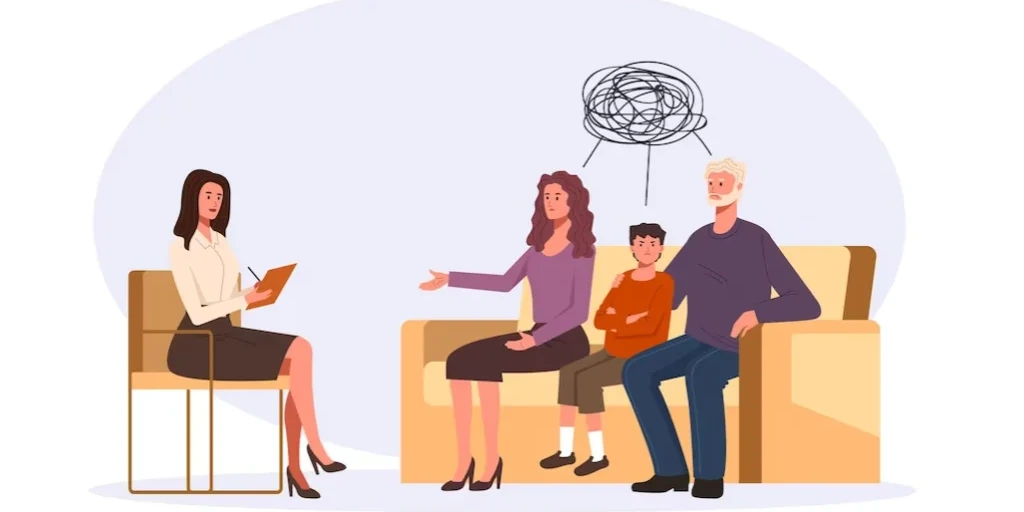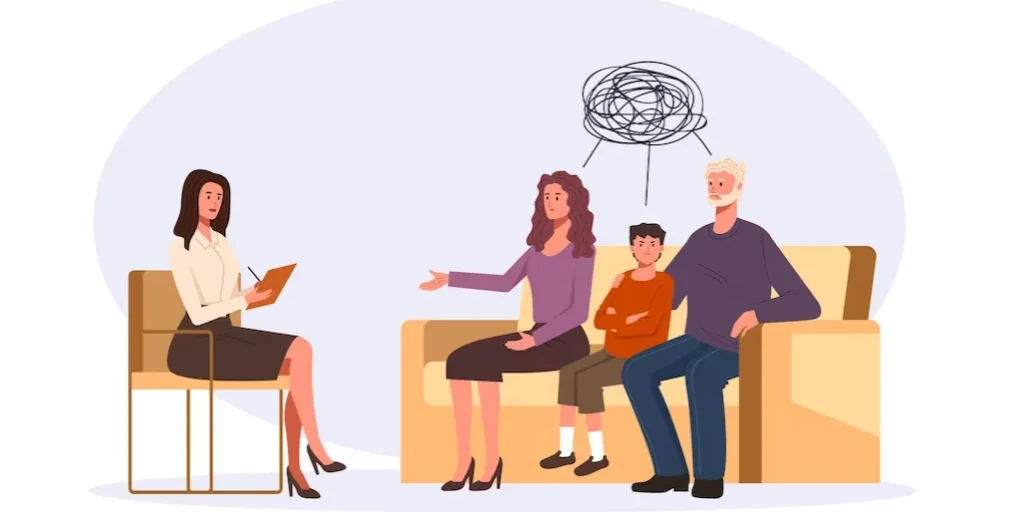24/7 Helpline:
(866) 899-221924/7 Helpline:
(866) 899-2219
Learn more about Opioid Rehab centers in Allen County

Other Insurance Options

CareSource

Premera

Sutter

Ambetter

BlueCross

WellCare Health Plans

Sliding scale payment assistance

ComPsych

Horizon Healthcare Service

AllWell

BHS | Behavioral Health Systems

Health Partners

Molina Healthcare

Optum

Access to Recovery (ATR) Voucher

BlueShield

Private insurance

CareFirst

Magellan Health

Covered California

Time Out Community Counseling and Correctional Services
Time Out Community Counseling and Correctional Services offers outpatient treatment for individuals ...

LifeSkills Service Center – Allen County
LifeSkills Service Center – Allen County is a private rehab located in Scottsville, Kentucky. LifeSk...

More to Life Counseling
More to Life Counseling offers faith-based and evidence-based counseling services for individuals, f...
































































